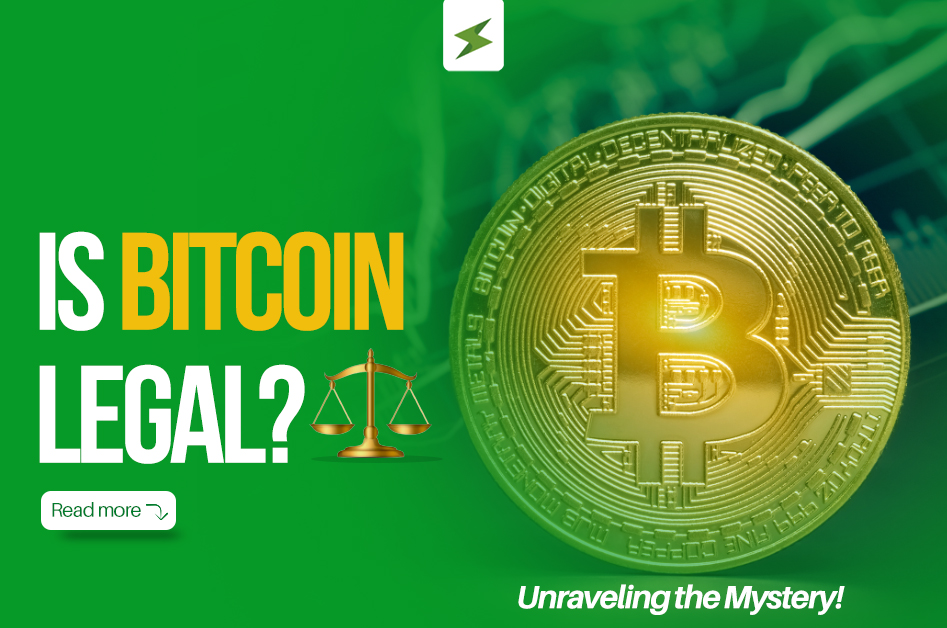Unraveling the Mystery

Amidst the ever-evolving world of cryptocurrencies, one question has consistently lingered in the minds of potential investors and enthusiasts alike – “Is Bitcoin legal?” The ambiguity surrounding the legality of digital currencies has led to skepticism and caution among many individuals. In this article, we aim to explore the legal status of Bitcoin and shed light on the factors that contribute to its legitimacy as a form of currency.
The Decentralized Nature of Bitcoin:
One of the fundamental strengths of Bitcoin lies in its decentralized nature. Unlike traditional currencies, which are governed by central banks and governments, Bitcoin operates on a peer-to-peer network. This decentralization makes it resilient to control by any single entity, fostering transparency and trust within the system.
Global Acceptance and Mainstream Adoption:
Over the years, Bitcoin has witnessed a significant increase in global acceptance. A growing number of businesses, entrepreneurs, and even governments have recognized its potential as a legitimate payment method. Major companies, including Tesla and Microsoft, have integrated Bitcoin into their payment systems, signaling its growing mainstream adoption.
Taxation and Regulation:
As cryptocurrencies gained popularity, governments worldwide took notice and began addressing the need for regulation. While some countries initially met Bitcoin with skepticism, many have since introduced legal frameworks to govern its use. Moreover, several nations now treat cryptocurrency transactions as taxable events, further legitimizing the status of digital assets.
The Pioneering Move of El Salvador:
A groundbreaking moment occurred when El Salvador made history by becoming the first country to officially adopt Bitcoin as legal tender. This move not only catapulted Bitcoin into the spotlight but also demonstrated its potential to transform financial systems on a global scale.
Conclusion:
In conclusion, Bitcoin is indeed legal in many jurisdictions, and its legitimacy as a form of currency continues to gain traction worldwide. The decentralized nature of Bitcoin, coupled with its widespread acceptance and increasing regulation, has bolstered its reputation as a viable and secure financial asset.
While the legal landscape surrounding cryptocurrencies may vary from one country to another, the overall trend points towards greater acceptance and recognition. As with any investment, it’s essential to exercise due diligence, stay informed about regulations, and consult with legal professionals when necessary.
As the crypto industry evolves, it’s vital to remain informed and make decisions based on accurate information. With a clearer understanding of its legality, investors and enthusiasts can confidently explore the vast opportunities that Bitcoin and other cryptocurrencies offer in shaping the future of finance.











One Comment
[…] that you can buy shares in, just like you would with any company’s stock. Instead of owning Bitcoin directly, you own shares in a fund that follows Bitcoin’s price. It’s traded on regular […]
Comments are closed.